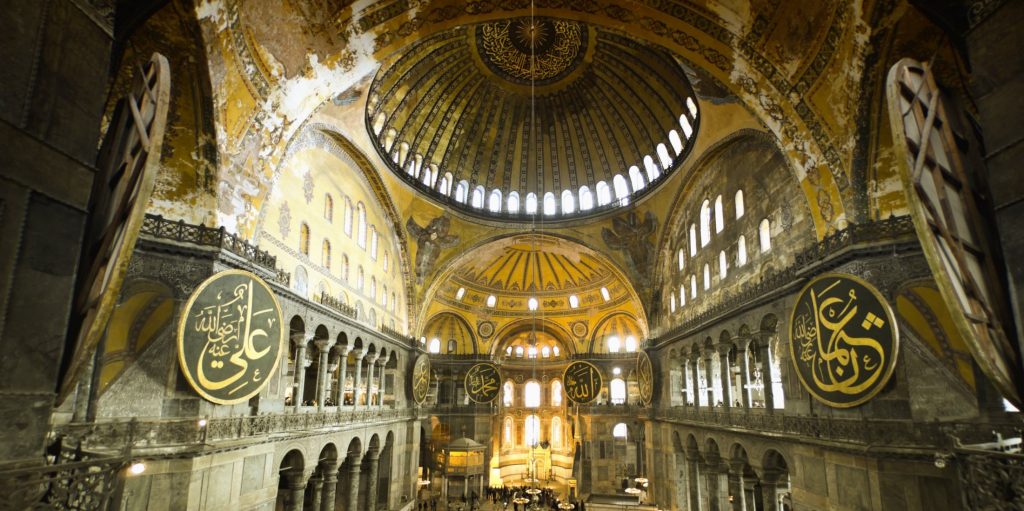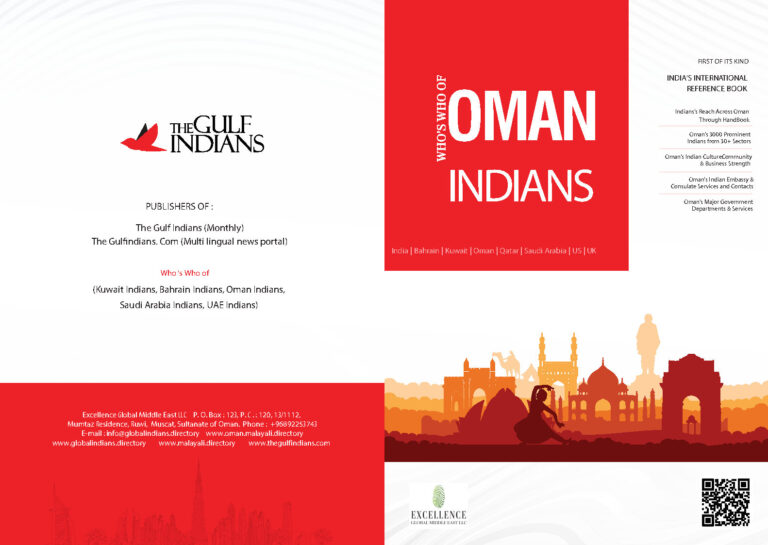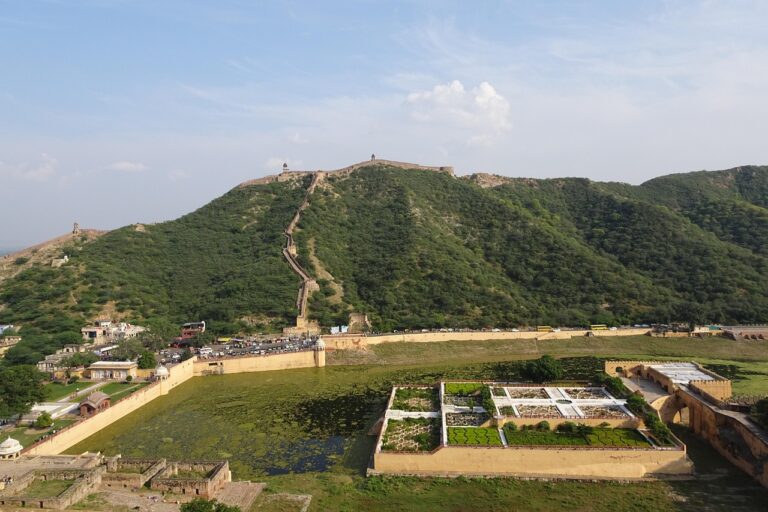Turkey’s top administrative court has ruled the 1934 conversion of Hagia Sophia into a museum was illegal, paving the way for the monument to be reopened for prayers.
The case was brought by a Turkish NGO seeking an annulment of the decision to convert Hagia Sophia into a museum after being a mosque for nearly 500 years, a move backed by Turkey’s President Recep Tayyip Erdogan.
Shortly after the ruling, Erdogan signed a decree opening Hagia Sophia for prayers.
Built 1,500 years ago as an Orthodox Christian cathedral, Hagia Sophia was converted into a mosque after the Ottoman conquest in 1453. In 1934 it became a museum and is now a Unesco World Heritage site.
Islamists in Turkey long called for it to be converted to a mosque but secular opposition members opposed the move. The proposal prompted criticism from religious and political leaders worldwide.
Defending the decision, the President stressed that the country had exercised its sovereign right in converting it back to a mosque.
He told a press conference the first Muslim prayers would be held inside the building on July 24.
“Like all our mosques, the doors of Hagia Sophia will be wide open to locals and foreigners, Muslims and non-Muslims,” he added.
Making changes at Hagia Sophia is profoundly symbolic. It was Kemal Ataturk, the founder of modern Turkey, who decreed that it should be a museum. President Erdogan is now taking one more step to dismantle Ataturk’s secular legacy, and remould Turkey according to his vision. The Turkish leader – who presents himself as a modern day conqueror – is making no apologies for the change. He says anyone who doesn’t like it – and plenty abroad don’t – is attacking Turkey’s sovereignty.
Unesco has said it “deeply regrets” the decision to turn the museum into a mosque and called on the Turkish authorities to “open a dialogue without delay.” The organisation had urged Turkey not to change its status without discussion.












